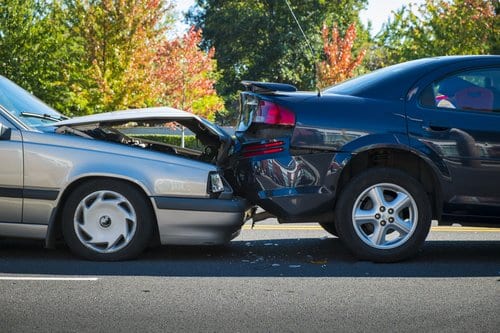Household Services and Attendant Care Explained
Household Services and Attendant Care Explained
For those individuals who have been injured, two of the benefits frequently missed or under-claimed are household (also known as “replacement”) services, and attendant care. Replacement services and attendant care are both payable under MCL 500.3107, and are both for assistance when an injury prevents a person from engaging in the normal everyday activities that they were involved in before an accident.
Specifically, Replacement services are “Expenses not exceeding $20.00 per day, reasonably incurred in obtaining ordinary and necessary services in lieu of those that, if he or she had not been injured, an injured person would have performed during the first 3 years after the date of the accident, not for income but for the benefit of himself or herself or of his or her dependent.” -MCL 500.3107(c).
Common examples of replacement services are things such as cooking, cleaning, dishwashing, grocery shopping, mowing the lawn, shoveling snow, making the beds, and all the other activities we do -and take for granted- when we aren’t injured. It is important to note that this is only allowable for someone who was able to do these chores before the accident, and is not able to do them for him/herself after the accident.
This statutory provision allows someone -including a family member- to perform services for the injured party for up to $20.00 per day. Although this may not seem like much, if you have to pay someone to mow your lawn, shovel your snow, go grocery shopping for you, and do other daily chores, it can add up quickly over the course of several months. Those who fail to claim this benefit could miss out on hundreds or even thousands of dollars.
Attendant care is a different animal entirely, and reserved for those who have serious injuries and/or disabilities as a result of a motor vehicle accident. Typically, attendant care refers to something akin to nursing care, that is, things like bathing, dressing, or assistance with moving around or getting dressed, hygiene, or feeding (but not cooking- that’s a replacement service). This may be required for people who have suffered serious brain injuries or other physical injuries that prevent them from doing he most basic activities as a result of injuries sustained in the motor vehicle accident. When this occurs, they may need family members with or without medical training, or outside personnel (such as a private nurse or nursing company) to care for them. Either way, this is also compensable by the insurance company, and is payable at rate that varies depending on the type of care, but can frequently range between $10 and $20 per hour.
Note that there are changes to the no-fault act as it was amended on June 11, 2019, unless an insurer contracts to provide care beyond the limitation, MCL 500.3157(10) provides that for attendant care rendered in the injured person’s home, an “insurer is only required to pay benefits for attendant care up to the hourly limitation in Section 315 of the Worker’s Disability Compensation Act.” In turn, Section 315 of the Workers’ Disability Compensation Act provides that “[a]ttendant or nursing care shall not be ordered in excess of 56 hours per week if the care is to be provided by the employee’s spouse, brother, sister, child, parent, or any combination of these persons.” MCL 500.3157 also states “This subsection only applies if the attendant care is provided directly, or indirectly through another person, by any of the following:
(a) An individual who is related to the injured person.
(b) An individual who is domiciled in the household of the injured person.
(c) An individual with whom the injured person had a business or social relationship before the injury.”
This change does not go into effect until July 1, 2021, but what does all this mean? It means that for the most serious injuries requiring an average of more than 8 hours per day of care, people may be unable to fully compensate their family members or even those companies with whom they had a relationship prior to the accident.
Author:
John T. Schroder
Attorney at Law
Law Offices of Joumana Kayrouz, PLLC
1,159




